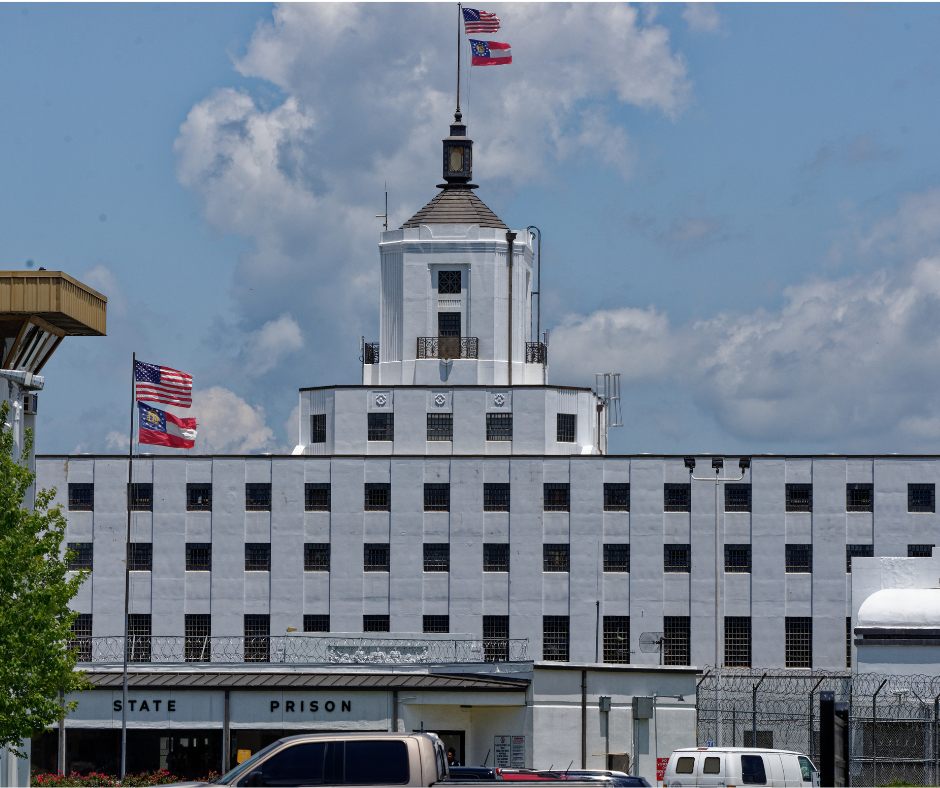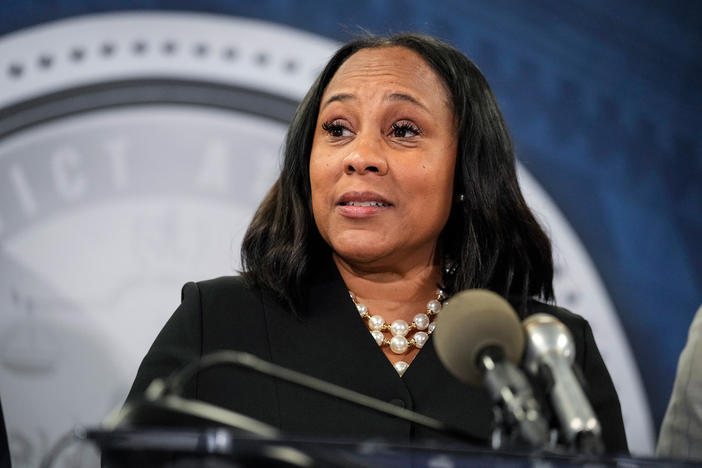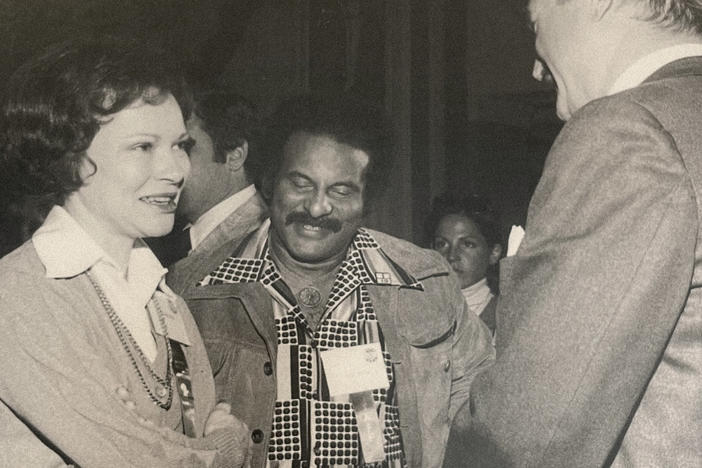
Section Branding
Header Content
New bill stiffens penalties for corrections officers caught bringing contraband into prisons
Primary Content
GPB's Peter Biello speaks with Sen. Randy Robertson about a bill toughening penalties for corrections officers bringing contraband into prisons.

A bill now headed to Gov. Brian Kemp for his signature would stiffen the penalties for corrections officers convicted of bringing contraband cellphones, drugs, and other banned items into Georgia prisons and jails. Under the law, what was once a minimum two-year prison term is now as many as 10 years. Recently, GPB's Peter Biello spoke with the bill's cosponsor, Republican Sen. Randy Robertson, about what he hoped to accomplish.
TRANSCRIPT
Peter Biello: Can you describe for me the problem that you're seeing, that this bill is intended to solve.
Sen. Randy Robertson: The problem that we're having right now, primarily on our correctional institutions around the state of Georgia, and I believe around the United States, is that individuals that are employed by prisons, jails and corrections institutions and contractors who work in those facilities have become one of the primary conduits of getting contraband in to the prisoners and detainees housed there, whether it be cellphones, drugs, weapons and other items that — that can be used to either harm an officer or a fellow inmate or possibly use to start up and operate a criminal enterprise while being held in our prison.
Peter Biello: There are several correctional facilities in your district. Is there something you're seeing there in particular?
Sen. Randy Robertson: No ... it's a pattern throughout the state of Georgia. If you look at the number of employees that have been arrested over the last couple of years for bringing contraband across the guard line ... We just had a state prisoner who was convicted of fraudulently obtaining $11 million while being incarcerated. This individual could not have done that without having infrastructure that was supported by contraband. And the same thing goes with all the other types of contraband that come in. While some people think some of it is harmless, once a correctional officer or once a contractor goes into some kind of agreement with a prisoner to provide contraband, then from that point forward you'll see that the prisoner will continue to manipulate the employee and continue to increase their wants and increase what they're asking for. And basically, the correctional officers and the contractors find themselves trapped because they, of course, don't want to be caught and arrested. So they do practically anything in order to avoid that. And all it does is just compound a very dangerous situation.
Peter Biello: So this bill changes the language so that instead of a minimum two-year sentence, there's a penalty of 10 years in prison. What do you think the impact of that as a deterrent will be?
Sen. Randy Robertson: I think the impact it has on a correctional officer as a deterrent will be substantial, because not only will the officer lose their job and not only will he be charged with a crime, but they will be prevented from ever working in a correctional facility or in law enforcement ever again. And the 10-year penalty is not a mandatory 10 years in prison. The penalty can be broken up any way the judge feels is best based on the situation.
Peter Biello: Is there a connection between the prevalence of the problem you've described and pay for corrections officers and the shortage statewide of corrections officers in Georgia prisons?
Sen. Randy Robertson: I don't know necessarily if there is a connection between the issues of recruiting and retaining correctional officers. I definitely think there's temptation because of the low pay and benefit issues that you find in corrections. I also think that there's a morale issue in corrections. Where most people see law enforcement officers, in a role where they're out in the public, they're driving around in patrol cars or they're in the courtroom or something like that and individuals get to see the uniform and the presence of the officer. Correctional officers and jailers, they're locked inside of buildings that people many times aren't even aware of. And I think their role in law enforcement sometimes is discounted. And it should not be. They're extremely important. But I think that does wear on the morale within that population. And I do think it could lead to individuals making poor choices.
Peter Biello: How does this make you feel, as someone who worked in law enforcement, to have to legislate this kind of thing, to check the behavior of corrections officers?
Sen. Randy Robertson: It's disappointing. But I — the individuals that hired me a long time ago set the standard high. When public safety professionals cross the line, I think the punishment needs to be swift, and it needs to be harsh.
Secondary Content
Bottom Content




